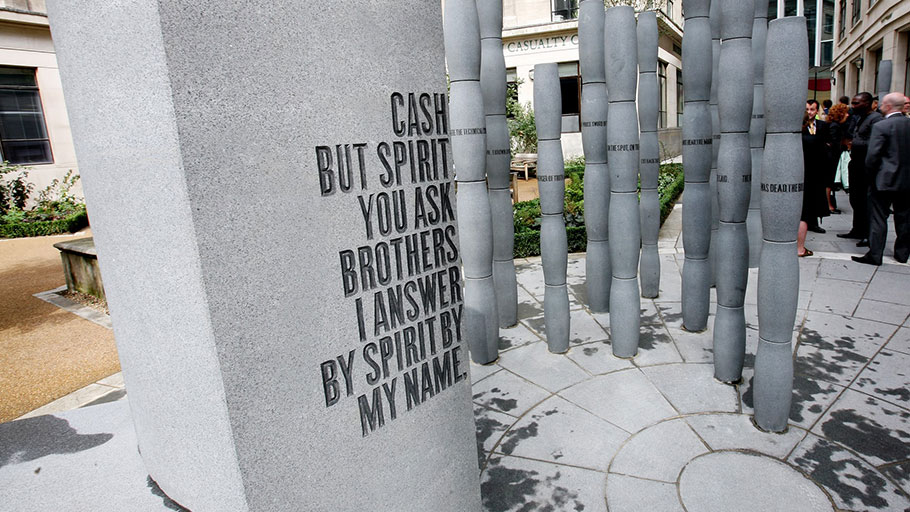
After the abolition of slavery, Britain paid millions in compensation – but every penny of it went to slave owners, and nothing to those they enslaved. We must stop overlooking…

After the abolition of slavery, Britain paid millions in compensation – but every penny of it went to slave owners, and nothing to those they enslaved. We must stop overlooking…

I’m running for Congress in Indiana, and I’ve been warned to stay away from “radical” issues. This shouldn’t be one. By Dan Canon — Editor’s note: Dan Canon is a…
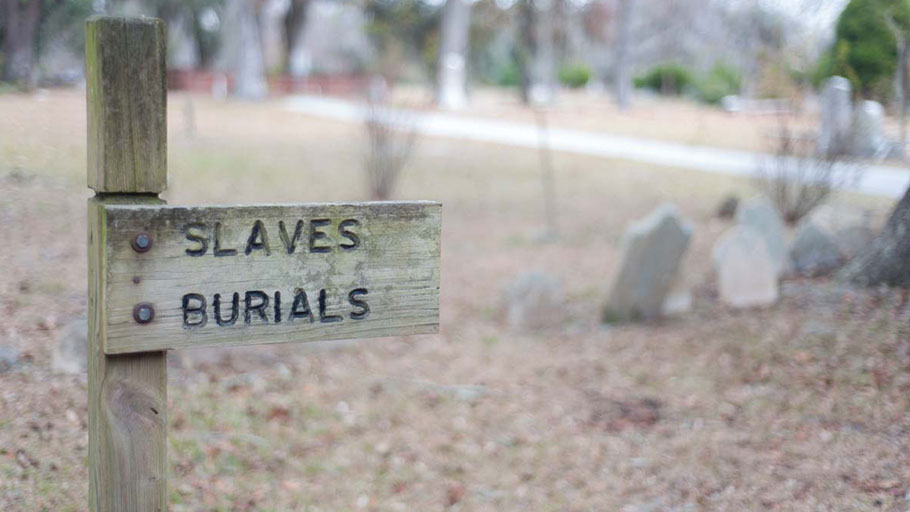
5 Years After the Unmarked Graves of 1,000 Enslaved People Were Uncovered Near a Shell Refinery, Descendants Will Be Able to Pay Their Respects Breanna Edwards, The Root — Some…
Hari Jones discusses some of the most interesting facets of the Underground Railroad prior to and during the Civil War, including the role of African Americans in the war itself….
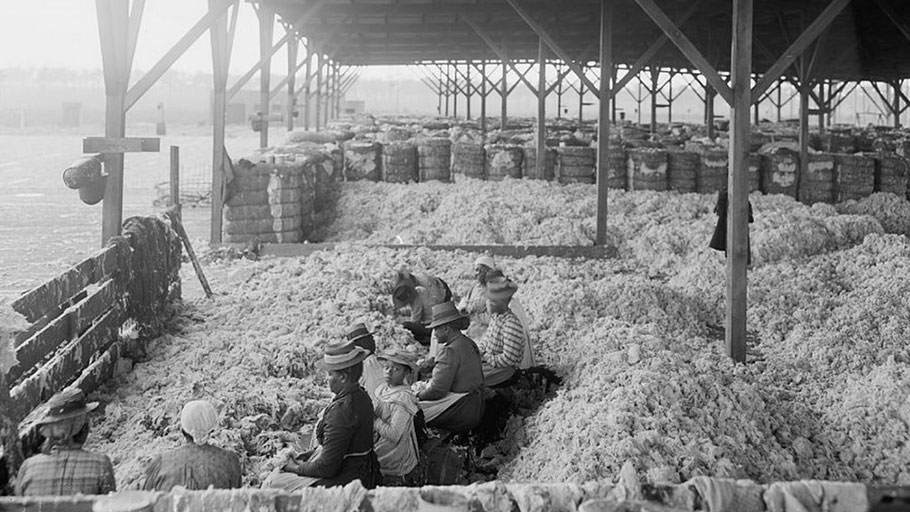
Slavery did not die because it was unproductive or unprofitable, as some earlier historians have argued. Slavery was not some feudal remnant on the way to extinction. By Sven Beckert — By 1830, one million Americans, most of them enslaved, grew cotton. Raw cotton was the most important export of the United States, at the center of America’s financial flows and emerging modern business practices, and at the core of…
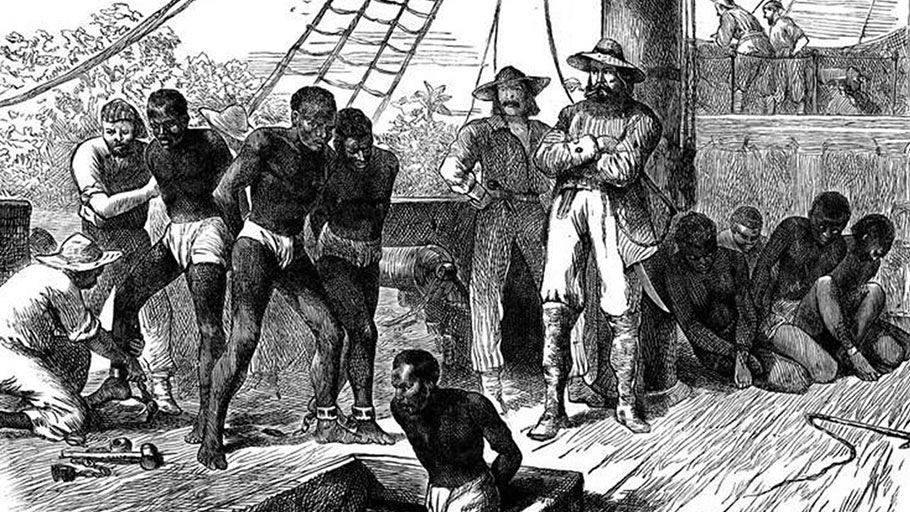
The history-teaching wing of the Koch brothers empire is seeking to promote an alternate narrative to slavery. By Adam Sanchez, Zinn Education Project — Given that the billionaire Charles Koch has poured millions of dollars into eliminating the minimum wage and paid sick leave for workers, and that in 2015 he had the gall to compare his ultra-conservative mission to the anti-slavery movement, he’s probably the last person you’d want educating young people about slavery.
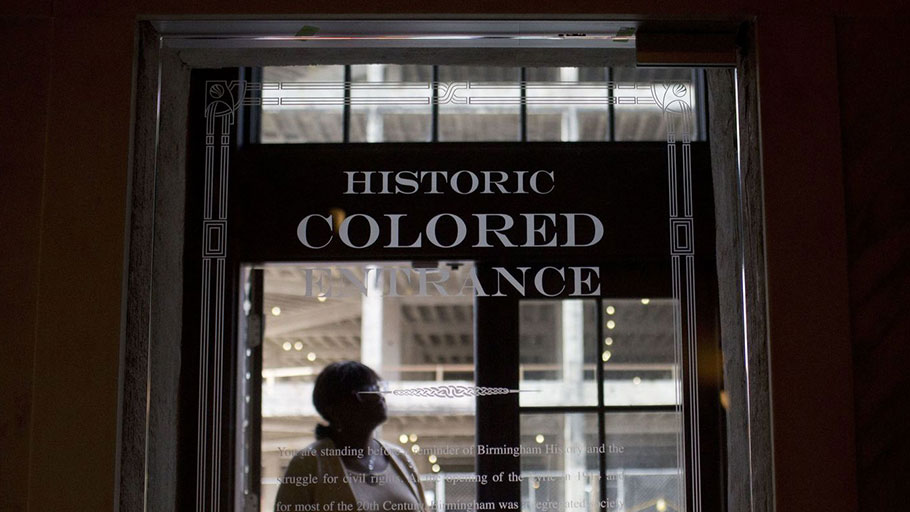
By Rabbi Sharon Brous — There is 2,000-year-old rabbinic dispute over what ought to be done if a palace is built on the foundation of a stolen beam. One rabbi, Shammai, argues that the whole structure must be torn down, the beam retrieved and returned to its rightful owner. No home can flourish on a foundation built illegally and immorally. Another rabbi, Hillel, offers a different take: What sense does it make to demolish it? Let the thief pay for the beam, considering its full value as the foundation of what is now a beautiful home. Neither argues that you can pretend, year after year, generation after generation, that the beam wasn’t stolen.

Rare victory for Brazilian poor, as record Amazon land tract is handed over to descendants of escaped enslaved people. Dom Phillips, The Guardian — It was a modest ceremony for…

By Prof. Verene Shepherd (Centre for Reparation Research) and Ahmed Reid (City University of New York) — In a New York Times article by Stephen Castle of December 27, 2014,…
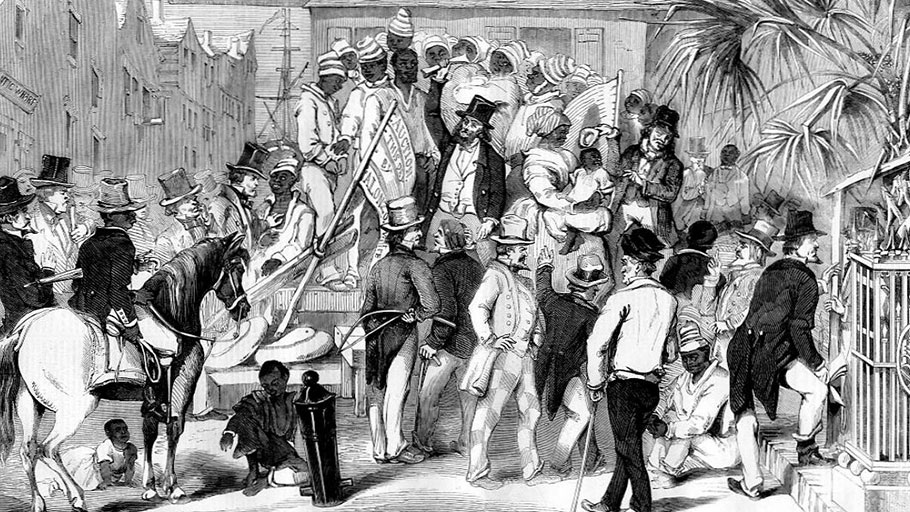
During the Civil War, the jails that held the enslaved imprisoned Confederate soldiers. After, they became rallying points for a newly empowered community By Jonathan W. White, Smithsonian — For decades before the Civil War, slave markets, pens and jails served as holding cells for enslaved African-Americans who were awaiting sale. These were sites of brutal treatment and unbearable sorrow, as callous and avaricious slave traders tore apart families, separating…

As African Heritage Month winds down, dozens of children created a book on Saturday to help keeping the conversation going. Steve Silva reports — Video below. By Steve Silva — In…
February 21, 2018 — Media Conference: The Centre for Reparation Research at The University of the West Indies confronts claims by British Treasury. Professor Sir Hilary Beckles, Vice-Chancellor, The UWI…